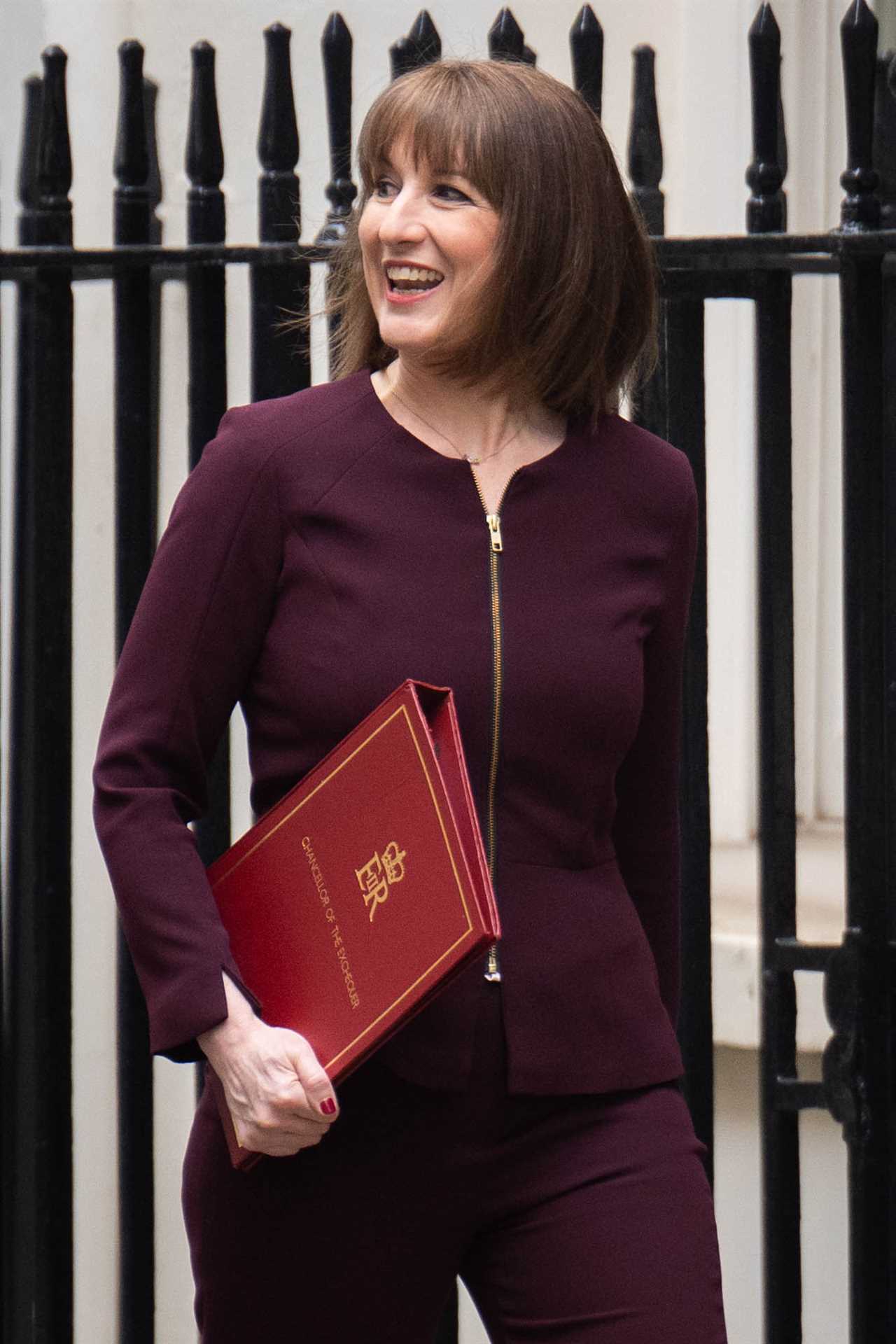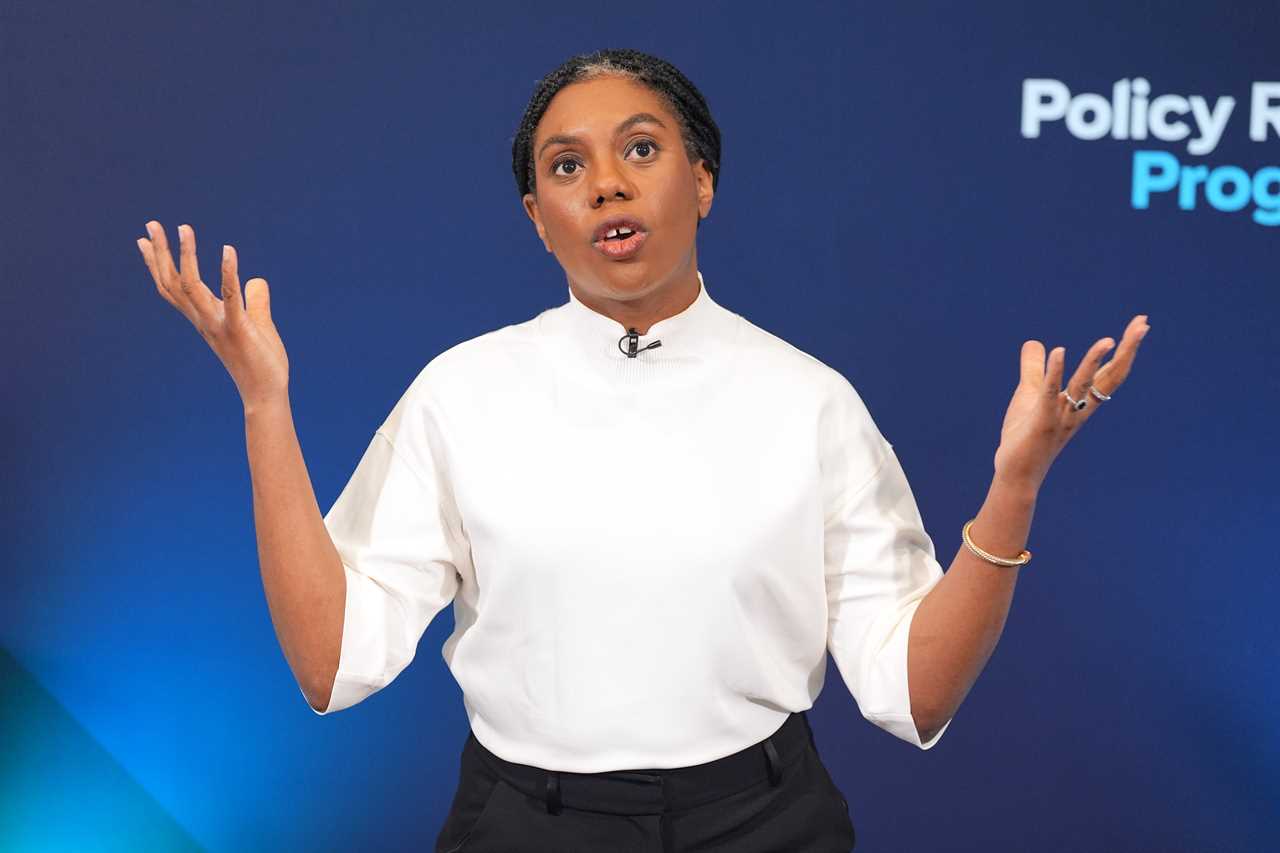
Leaders Rush to Avoid US Trade Penalties
Britain is confronting a severe economic challenge as it faces increased taxes, potential US trade tariffs, and freshly introduced business regulations. Chancellor Rachel Reeves and Labour leader Sir Keir Starmer are engaged in a critical 72-hour effort to persuade former US President Donald Trump to reconsider imposing substantial trade levies scheduled for April 2.
Upcoming Tax Hike Set to Strain High Streets
On April 6, a £24 billion rise in National Insurance will take effect, posing significant challenges for high street businesses. This increase is expected to elevate operational costs, reduce consumer spending, and potentially lead to closures or reduced hours for many establishments. Kate Nicholls, CEO of UK Hospitality, warned that the tax rise could force 70% of its members to cut staff or limit working hours.
New Workers' Rights Legislation Adds Pressure
Parliament is currently debating a new workers' rights bill that introduces additional regulations for businesses. Spearheaded by Deputy Prime Minister Angela Rayner, the legislation aims to address concerns over employment practices. However, the Office for Budget Responsibility (OBR) has advised that the bill may hinder economic growth and increase unemployment and inflation rates. Proposed measures, such as banning zero-hour contracts and introducing employment rights from day one, face potential delays and modifications.
Business Leaders Warn of Economic Downturn
Industry executives have voiced serious concerns about the combined impact of rising taxes, trade barriers, and regulatory changes. Kate Nicholls highlighted that decisions made in Westminster are placing undue pressure on businesses, risking job losses and increased prices for consumers. Tina McKenzie from the Federation of Small Businesses echoed these sentiments, emphasizing that these measures could stifle business growth and leave many workers unemployed.

Government's Economic Forecast Takes a Hit
The government's economic outlook has dimmed further this week as the OBR reduced its growth forecast for the next year to a mere 1%. This downward revision underscores the difficulties faced by the Labour administration in balancing fiscal responsibilities with economic growth. Several government departments have been directed to implement significant spending cuts in an attempt to manage the nation's finances effectively.
Potential Consequences of Failed Trade Negotiations
If the UK government is unable to reach an agreement with the US to prevent the imposition of tariffs, the economic repercussions could be severe. Increased tariffs would likely lead to higher prices for goods, a slowdown in economic growth, and substantial job losses across various sectors. Downing Street officials have indicated that negotiations may extend beyond the initial deadline, but the uncertainty remains a significant concern for the economy.
Immediate Impact on the Steel Industry
President Trump has already imposed a 25% tariff on UK steel, prompting British Steel to announce the closure of its blast furnaces in Scunthorpe. This decision puts approximately 2,700 jobs at risk and serves as a stark indicator of the potential widespread effects of trade penalties on British industries.
Calls for Government Action to Support Economy
Business leaders are urging the government to take decisive action to support the economy amidst these challenges. They argue that instead of introducing measures that could further strain businesses, the government should focus on creating an environment conducive to hiring and business expansion. Without such support, the combined effect of higher taxes, trade barriers, and regulatory burdens could lead to a significant economic downturn.
Looking Ahead: Economic Stability at Risk
The convergence of higher taxes, impending US tariffs, and new business regulations places the UK economy in a precarious position. With the Labour government already facing criticism for its economic strategy, the upcoming weeks will be crucial in determining whether Britain can navigate these challenges without experiencing a severe economic decline.
Frequently Asked Questions
What is voter suppression?
Voter suppression refers to tactics used to discourage or prevent specific groups of people from voting. These tactics can include strict ID laws, limited access to polling places, and misinformation about voting procedures.
What are the different types of political systems?
Political systems can be categorized into several types, including democracy, authoritarianism, monarchy, and oligarchy. Each system has distinct characteristics regarding how power is obtained and exercised, and how citizens participate in governance.
What is the significance of political parties?
Political parties play a crucial role in organizing political activity, representing diverse viewpoints, and facilitating the electoral process. They provide voters with choices and help structure political debate and policy-making in a system.
Statistics
- Research indicates that around 80% of individuals in democracies feel that their government does not adequately represent their interests.
- Polling data indicates that over 50% of Americans support the idea of ranked-choice voting as a method to improve electoral fairness.
- In 2022, over 30 countries experienced significant protests related to political issues, highlighting a global trend of civil unrest and demands for accountability.
- According to recent studies, around 75% of Americans believe that campaign financing significantly impacts election outcomes.
- As of 2023, public trust in government institutions has declined, with only 20% of citizens expressing confidence in their national governments.
- Surveys show that nearly 70% of voters prioritize environmental issues when selecting candidates for public office.
- Historically, voter turnout among young people (ages 18-29) increased by 50% from the previous election cycle in the 2020 presidential election.
- Research indicates that social media platforms play a role in shaping public opinion, with 70% of users getting their news from these sources.
External Links
How To
How To Advocate for a Cause You Care About
Advocating for a cause requires strategic planning and effective communication. Start by researching the issue thoroughly to understand its complexities and the stakeholders involved. Develop a clear and compelling message that resonates with your audience. Utilize social media platforms to raise awareness and engage supporters. Organize events, such as rallies or informational sessions, to mobilize action. Collaborate with existing organizations that share your cause to amplify your efforts. Building relationships with policymakers and the media can further enhance your advocacy impact.
Did you miss our previous article...
https://hellofaread.com/politics/morningafter-pill-to-be-available-free-on-nhs-pharmacies-nationwide
 PoliticsRoyaltySoap OperaGamingMoneyPrivacy PolicyTerms And Conditions
PoliticsRoyaltySoap OperaGamingMoneyPrivacy PolicyTerms And Conditions
